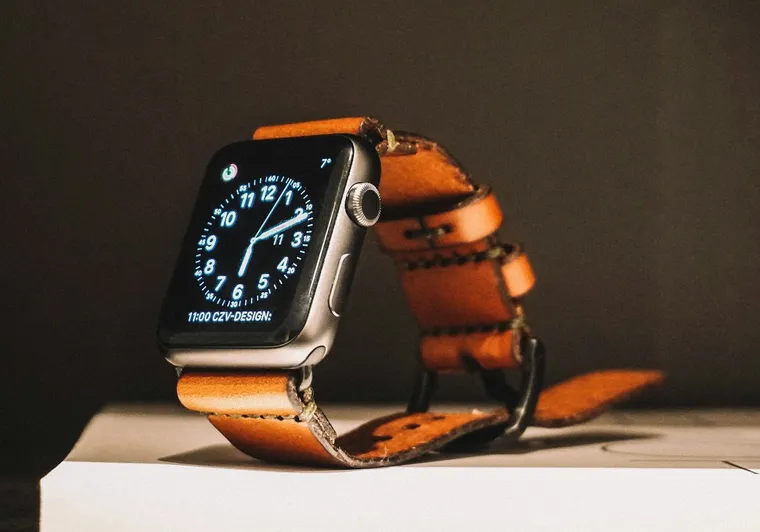As we age, safety and health become increasingly important concerns, especially for those living alone or managing chronic health conditions. These devices can be lifesaving, but the cost can be a barrier for many seniors. Fortunately, Medicare may cover some medical alert devices, making them more accessible to those in need. In this article, we'll explore how medical alert devices work, what Medicare covers, and how to find the right device for you or your loved one.
What Are Medical Alert Devices?
Medical alert devices are wearable systems that allow users to summon help with the press of a button. These devices typically consist of a small pendant or wristband with a button that connects to a base unit or directly to a monitoring center. When activated, the device sends a signal to a monitoring center, where a trained operator can communicate with the user, assess the situation, and dispatch emergency services if necessary.
Some medical alert devices also offer additional features, such as fall detection, GPS tracking, and medication reminders, making them valuable tools for seniors and individuals with medical conditions that may require immediate attention.
Does Medicare Cover Medical Alert Devices?
Original Medicare (Part A and Part B) generally does cover the cost of medical alert devices. Medicare considers these devices to be personal safety equipment rather than medically necessary, so they are not included in the standard Medicare benefits. However, there are some exceptions and alternative ways to obtain coverage for these devices:
- Medicare Advantage Plans (Part C): Some Medicare Advantage plans, which are offered by private insurance companies approved by Medicare, may cover medical alert devices as part of their additional benefits. These plans often include extra services that are not covered by Original Medicare, such as dental, vision, and wellness programs. If you have a Medicare Advantage plan, check with your provider to see if medical alert devices are included in your plan's coverage.
- Medicaid and State Programs: In some states, Medicaid or state-specific programs may offer coverage for medical alert devices. Eligibility and coverage can vary widely, so it's important to check with your state's Medicaid office or other relevant agencies to find out what options are available.
- Long-Term Care Insurance: Some long-term care insurance policies may cover the cost of medical alert devices. If you have long-term care insurance, review your policy or speak with your insurance provider to determine if this benefit is included.
- Veterans' Programs: Veterans and their families may have access to medical alert devices through the Department of Veterans Affairs (VA). The VA offers a variety of programs and services that may include coverage for personal emergency response systems. Veterans should contact their local VA office to learn more about their eligibility and options.
Choosing the Right Medical Alert Device
If you or a loved one is considering a medical alert device, it's important to choose one that fits your needs and lifestyle. Here are some factors to consider when selecting a device:
- Type of Device: Medical alert devices come in different forms, including wearable pendants, wristbands, and even devices integrated into smartwatches. Consider which type of device would be most comfortable and convenient for daily use.
- Monitoring Services: Most medical alert systems are connected to a monitoring service that is available 24/7. When you press the emergency button, a trained operator will respond and assess the situation. Some devices offer two-way communication, allowing you to speak directly with the operator. Ensure that the monitoring service is reliable and has a good reputation.
- Fall Detection: Falls are a common concern for seniors, and some medical alert devices include automatic fall detection. This feature can detect when the user has fallen and automatically alert the monitoring center, even if the user is unable to press the emergency button.
- GPS Tracking: For active seniors or those with cognitive impairments, a device with GPS tracking can be particularly useful. This feature allows caregivers or emergency responders to locate the user quickly in case of an emergency.
- Range and Connectivity: If the device connects to a base unit, consider the range and whether it will cover the entire living area. Some devices also offer cellular connectivity, which allows them to work outside the home, providing protection wherever the user goes.
- Cost and Subscription Fees: While Medicare may not cover the cost of a medical alert device, it's important to consider the initial cost and any ongoing subscription fees. Compare different providers and plans to find one that fits your budget.
How to Get a Medical Alert Device
If your Medicare Advantage plan or another insurance provider covers medical alert devices, the first step is to contact them to understand the process for obtaining coverage. They may have specific providers or devices that are covered under their plan. If your insurance does not cover medical alert devices, you can still purchase one directly from a provider. Many companies offer a variety of options and payment plans to make these devices more affordable.
Conclusion
Medical alert devices provide an essential safety net for seniors and individuals with medical conditions, offering quick access to help in an emergency. While Original Medicare does not typically cover these devices, there are other avenues to explore, such as Medicare Advantage plans, Medicaid, and veterans' programs. By carefully choosing the right device and exploring available coverage options, you can ensure that you or your loved one is protected and has peace of mind.

